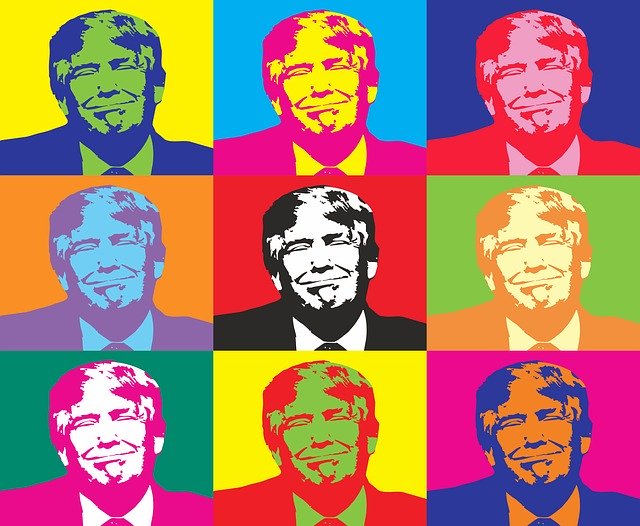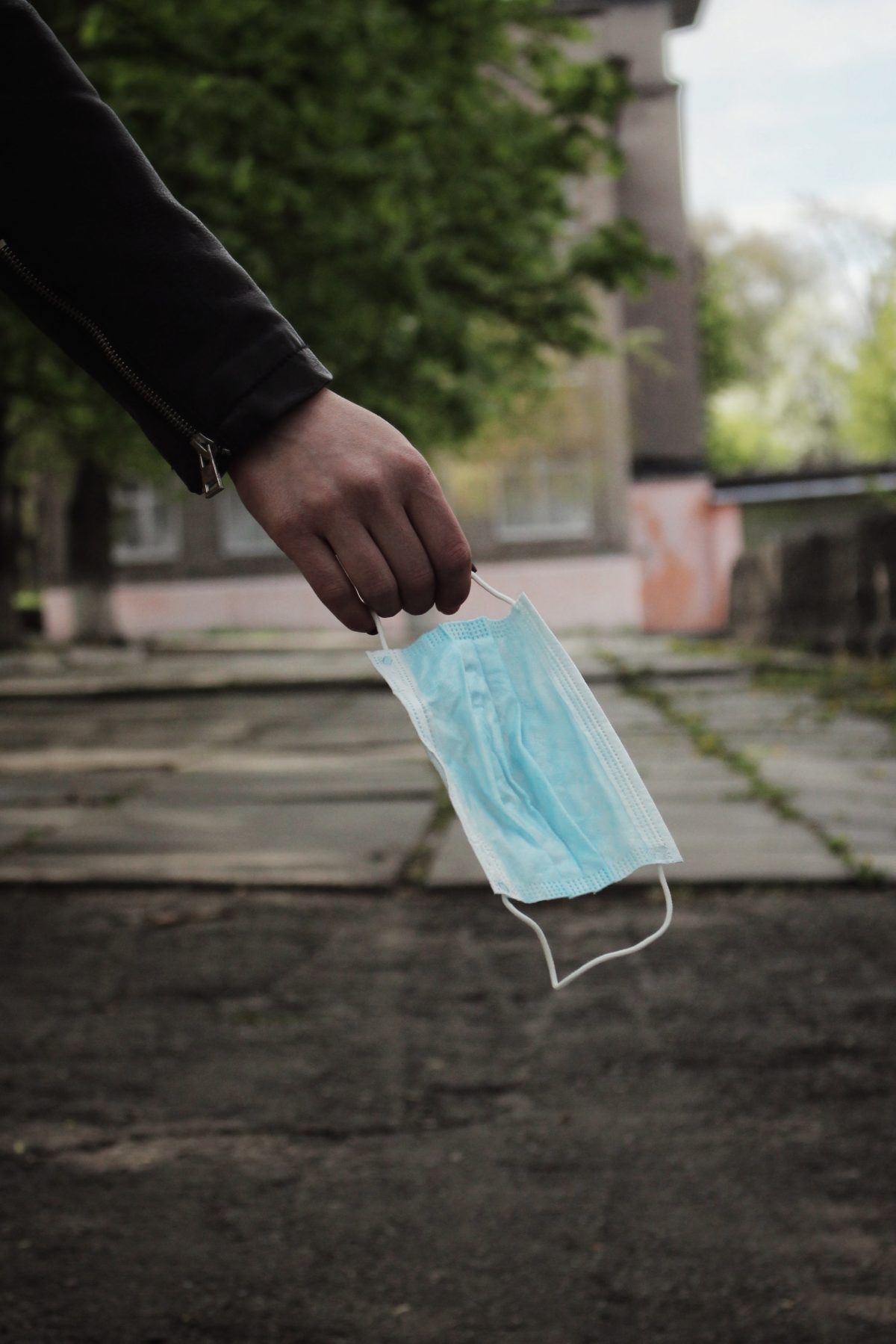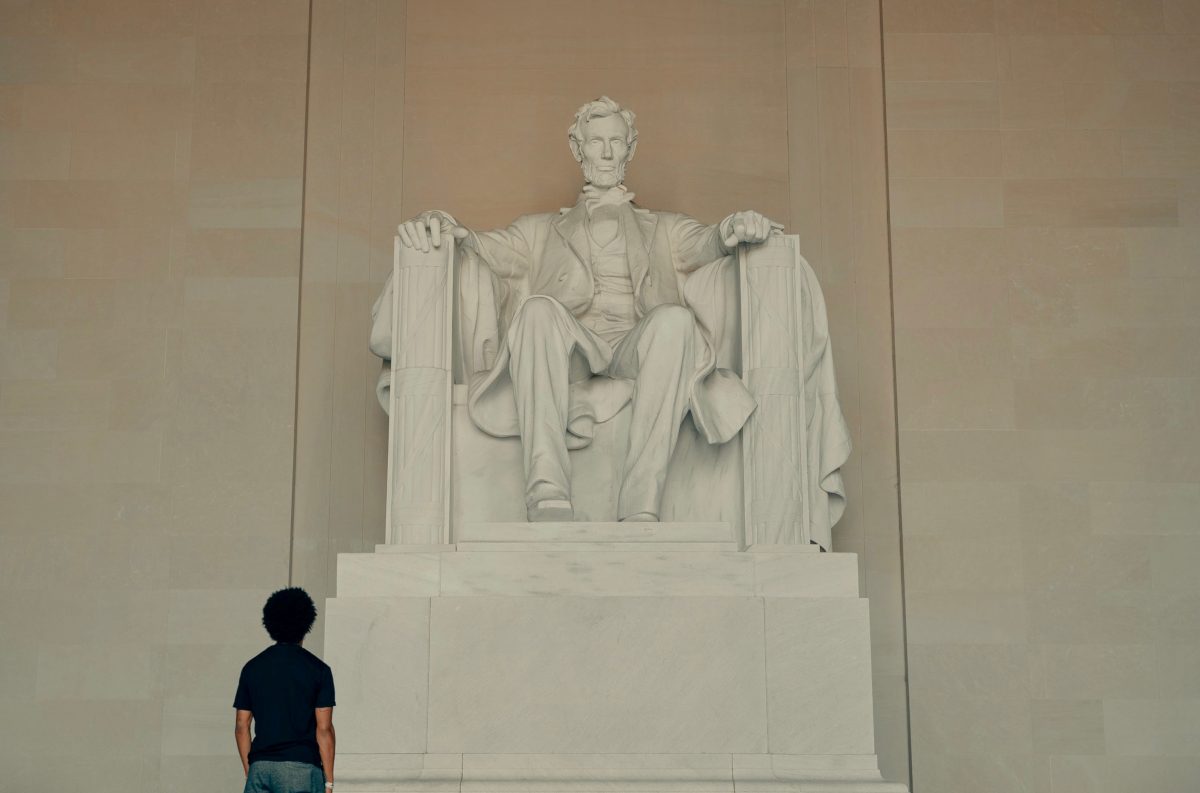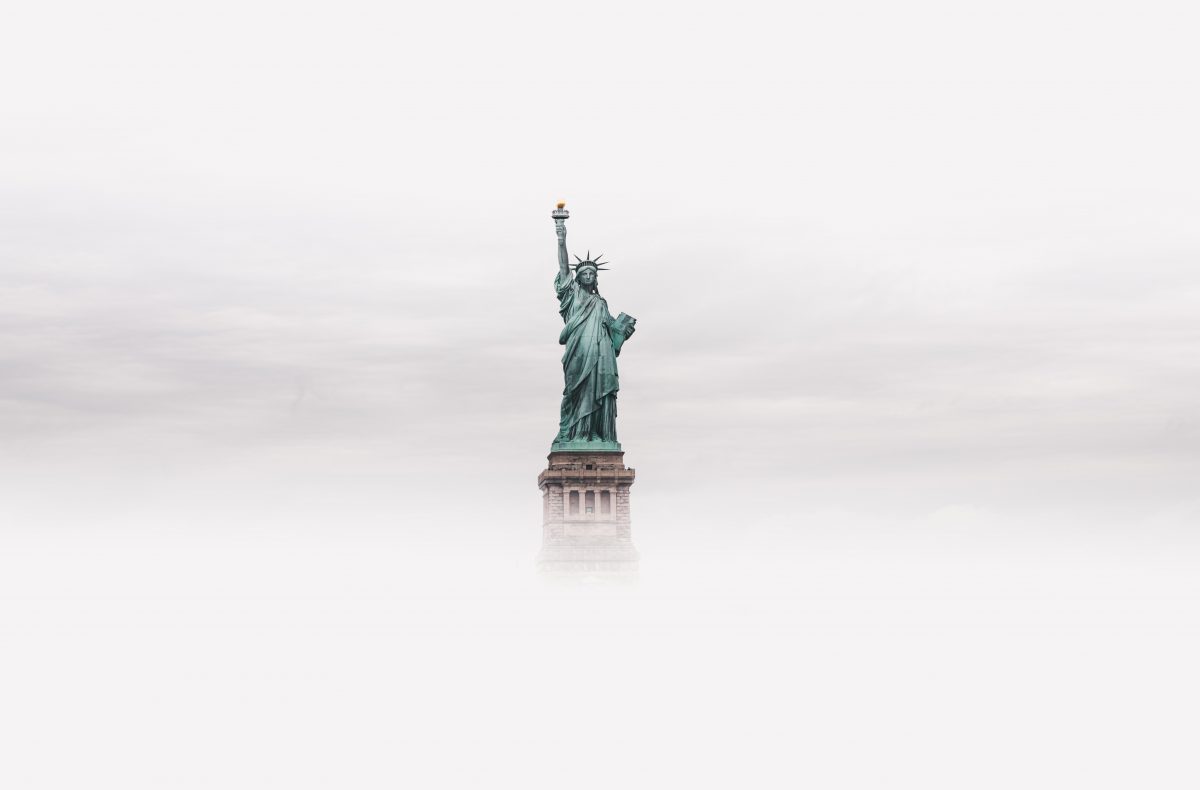Which of these quotes are about Hitler, Mussolini, or Trump?
1- “You have to dominate, if you don’t dominate you’re wasting your time. They’re going to run over you.”
2 – “He advocated the emergence of a dictator—‘a man who is ruthless and energetic enough to make a clean sweep’—”
3 – “From the first he set out to create a mass movement, whose mystique and power would be sufficient to bind its members in loyalty to him.”
4 – “It’s a movement. If you don’t put it down, it will get worse and worse.”
5 – “you know, you can hear in his rhetoric that he is simply trying to make himself sound like a strong man — almost like a dictator, as if he’s going to be responsible for bringing order all the way.”
6 – “His attitudes were highly theatrical, his opinions were contradictory, his facts were often wrong, and his attacks were frequently malicious.”
After WWI, Italy was a mess. A weak government, a weak economy, revulsion at the Communism that just took over Russia – all combined to create fear. Then a young, charismatic, ex-soldier, cruel and self-aggrandizing, rose from crowd. He made stirring, patriotic speeches, intensifying the fear and turning it into anger. His used both to divide the country. His Black Shirts attacked local government institutions and terrorized local populations. He advocated a dictatorship to solve the country’s problems. He created a sense of anarchy, then stepped in to quell it. His name: Benito Mussolini. In 1922, he became Prime Minister of the country, in 1925, three years later, dictator.
After losing WWI, Germany was made to pay reparations to the Allies. It crippled their economy for the next decade. Germans were scared and broke. Then arrived a young, charismatic, ex-soldier, cruel and self-aggrandizing, who had seen what Mussolini did in Italy. He copied Mussolini, using fear and anger as the tools to pit Germans against each other. His Brown Shirts beat and terrorized citizens and tore down local institutions. Then he went one step further than Mussolini; he blamed the country’s problems on the Jews and set out to kill them all. He created a sense of anarchy then stepped in to quell it. His name: Adolf Hitler. In 1933 he became Chancellor of Germany, 8 months later, dictator.
A few years later another young man of German heritage , who had grown to adulthood watching both dictators almost destroy their countries, started a construction business in Queens, NY, and made a fortune developing rental properties. His granddaughter, who has a PhD in psychology, describes him as sociopathic, narcissistic, devoid of empathy, and worse. She ascribes the same qualities to his son, her uncle, in her book, “Too Much And Never Enough”.
Fred Trump, according to Mary Trump, schooled Uncle Trump in the arts of bullying, cheating, lying, stealing, self-aggrandizing, and, if not outright cruelty, being very, very “tough”.
Donald Trump was elected President in 2016, using fear to divide Americans, just as his father taught him, just as the dictators of Europe had done 75 years before.
For the last three years, Donald Trump has fomented those divisions using the same tools. He has increased fear and anger of the “Other”, be it “other race” or “other religion”. He has divided the country almost as completely as it was before the Civil War.
2020 has given him two new things to weaponize: the Black Lives Matter Movement and Covid19.
He has put his modern day Brownshirts (in this case, brown camouflage) into Portland, Oregon to fight (according to Portland’s Mayor) peaceful protestors, with plans to send hundreds more to other cities run by his opposition. Rather than lead a united effort against Covid19, he has politicians attacking scientists. He has citizens fighting over masks, over who can work and who can isolate from the virus, over the value of life vs prosperity.
This is how authoritarians gain power and how demagogues become dictators.
Are the parallels exact? Not exactly. But the country is divided by fear generated by Trump. Thousands have died – in great pain – under his leadership. He is already challenging the election. He has used his power for personal gain, be it political or financial. And he has corrupted huge swaths of the government.
The parallels exist. We ignore them at our own peril.
(The clips above are from Encyclopedia Britannica profiles and/or direct quotes: 1- Trump, 2 – Mussolini, 3 – Hitler, 4 – Trump, 5 – Mussolini, 6- Mussolini).



